Islamic history is full of free thinkers
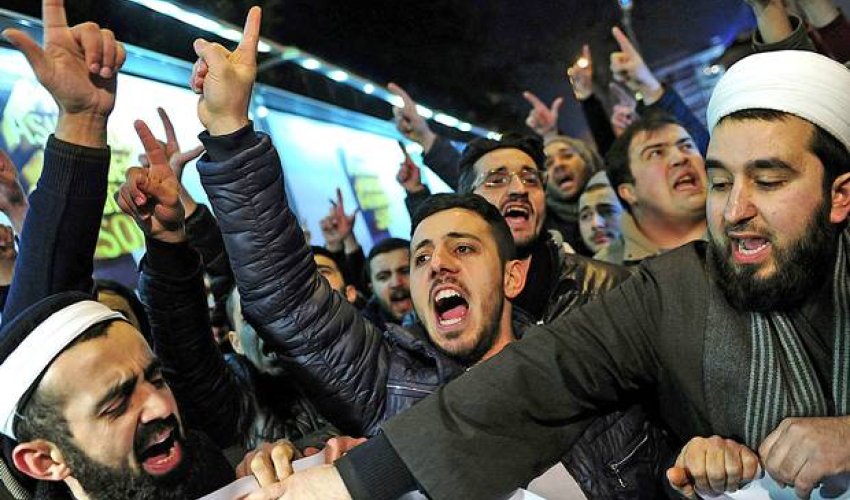
"This has nothing to do with Islam," say the imams. "These callous and fanatic murders have nothing to do with us," say the mullahs. "Islam means peace," say the worshippers. These disclaimers, and variations on them, have been repeated countless times by Muslim commentators since the Charlie Hebdo killings. They are designed to distance people from guilt by association with those who kill and maim in the name of Islam.
But what about the sentence recently handed down to the (mildly) liberal blogger Raif Badawi in the Islamic state of Saudi Arabia? Ten years in jail, a massive fine, 1,000 lashes over 20 weeks (currently suspended because the first 50 lashes have rendered him "medically unfit")? Does this have "nothing to do with Islam"? Does the hashtag "Je suis un couteau" – referring to this week's stabbing of 11 Israelis on a bus – have "nothing to do with Islam"? Not to mention the 10 Christians killed during Charlie protests in Niger last week, or the ongoing depredations of al-Qaeda, Isis, Boko Haram, the Taliban and the Laskar Jihad of Indonesia?
The psychotic followers of these organisations all think that they are Muslims, and their Islam is based on beliefs that millions who subscribe to Wahhabism, the Saudi version of the religion – and its kin, Salafism – accept as essential ingredients of their faith. For example, that sharia, or Islamic law, is divinely ordained and immutable; that apostates and blasphemers should be killed; that women should be shrouded and confined to four walls and that men are their guardians.
This is a widespread version of Islam, made more so by modern communications; increasingly gaining followers in Europe, it can be, and is, used to justify all manner of atrocities. Yet this is an Islam of manufactured dogma which relies on neither the Koran nor the example of the Prophet Mohamed.
So where do these beliefs come from? From today's extremist leaders, of course. But also, historically, from caliphs and clerics who realised that religion could perform a very useful function: it could keep the masses in their place and ensure that power remained in the hands of a select few.
The prime example of this thought-control is the notion is that sharia law is divinely ordained and must be accepted in its totality without question. In fact, its ordinances were invented in the 9th century CE – about two centuries after the Prophet Mohamed's death– during the Abbasid rule of the Muslim Empire. The law of apostasy, for example, was formulated to discourage revolt against the imperial state.
As for state-sanctioned blasphemy laws – now regarded as sacrosanct in Pakistan, Egypt and other Muslim counties – they were actually first introduced by the colonial powers in the 19th century, to keep the peace between the different religious communities that they ruled. In Pakistan, for example, blasphemy became a crime in 1860, when the territory was still part of a greater India. Inherited after partition in 1947, in 1982 the statutes were expanded and their penalties made harsher by the military dictator Muhammad Zia-ul-Haq to bolster support from ultra-conservative religious parties. Now they are seen as divine revelation!
But tightening the screws has long been the way in the Muslim heartlands. For example, in a highly influential decree from the 10th century CE, the Abbasid caliph Abdul Qadir, denounced critical thought as "counter to Islam" and ordered his subjects to dissociate from philosophers and freethinkers, who were required "to repent", despite the fact that numerous verses in the Koran exhort believers to think, reflect and raise questions.
Four hundred years later, when power had shifted from Abbasid Baghdad to Mamaluk Cairo, religious scholars banned independent reasoning on issues of faith – or as the formula has it, "closed the gates of ijtihad". In doing so, they laid claim to have solved all the problems of humanity. In fact, they shut the door on the Enlightenment, which already-established Arab scholarship would do so much to kick-start.
And still it goes on, with recent attempts to suppress critical thought verging on the absurd. In September 2011, a Saudi cleric called for astronomy to be banned, and astronomers punished, because it encouraged scepticism about sharia. (This despite the fact that astronomy, regarded as an "original Muslim science", has a distinguished history in Islamic civilisation.) This month, a Saudi cleric issued a fatwa forbidding the building of snowmen because they represented human beings and are therefore forbidden by sharia law.
The essential message of these historic and contemporary decrees is clear: the self-appointed guardians of Islam must be revered not cross-examined. The rules handed down and conjured up today must be accepted, not interrogated. The pronouncements of imams and sheikhs, mullahs and ayatollahs – whether educated or semi-literate – are both the word and will of God.
But despite what these religious despots would have their followers think, in fact Islamic history is full of free thinkers who have stood up to such authoritarianism. During the 8th century CE, when sharia law was being shaped, the Persian writer and thinker Ibn al-Muqaffa declared that it had the potential of becoming a political tool in the hands of kings and clerics manipulating the rough and credulous. And during the 9th and 10th centuries, a host of writers, satirist and free thinkers joined him in denouncing dogmatism.
(independent.co.uk)
ANN.Az
Similar news
Similar news

























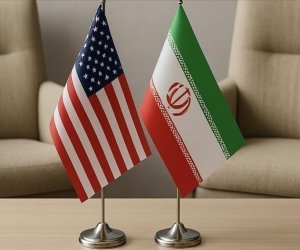
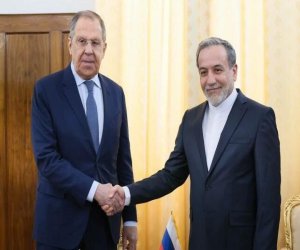

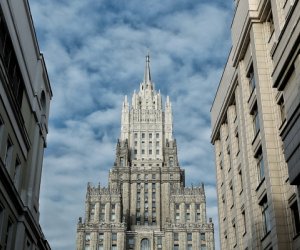

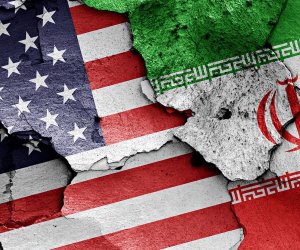





 Photo
Photo 



 Video
Video 

